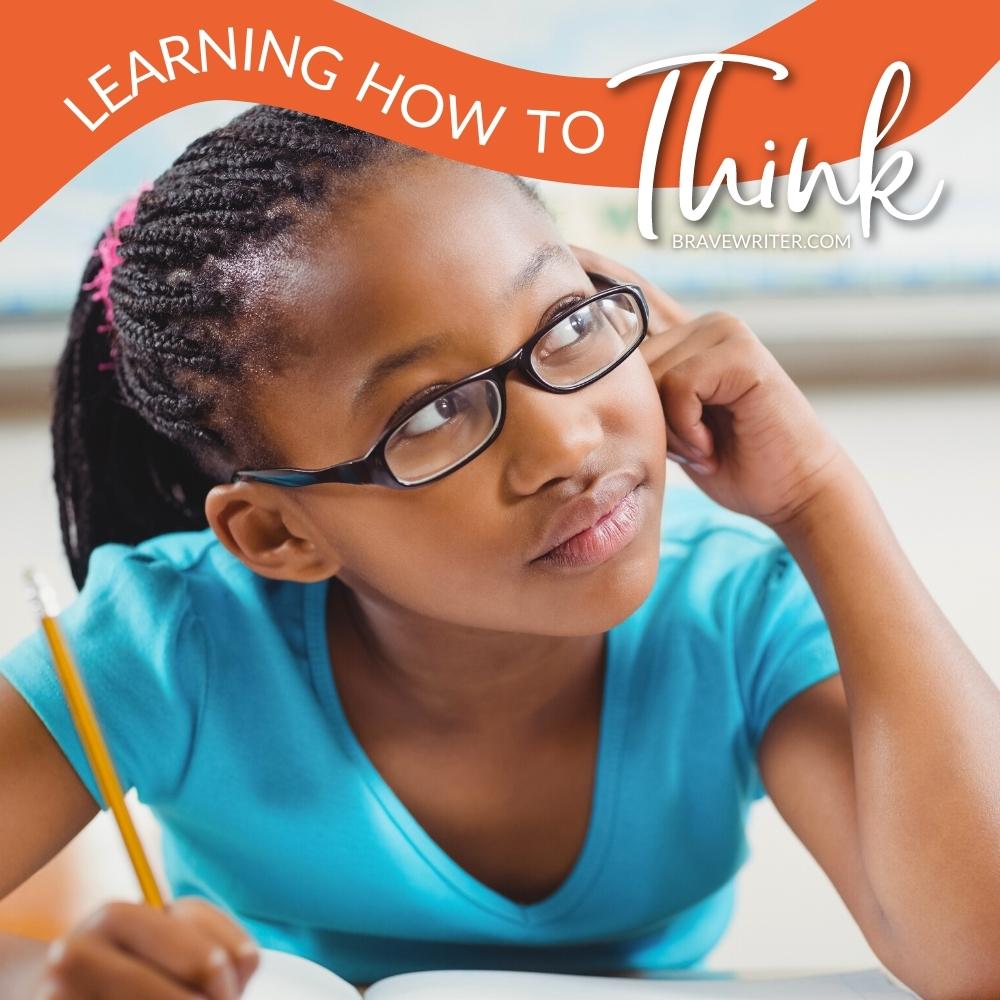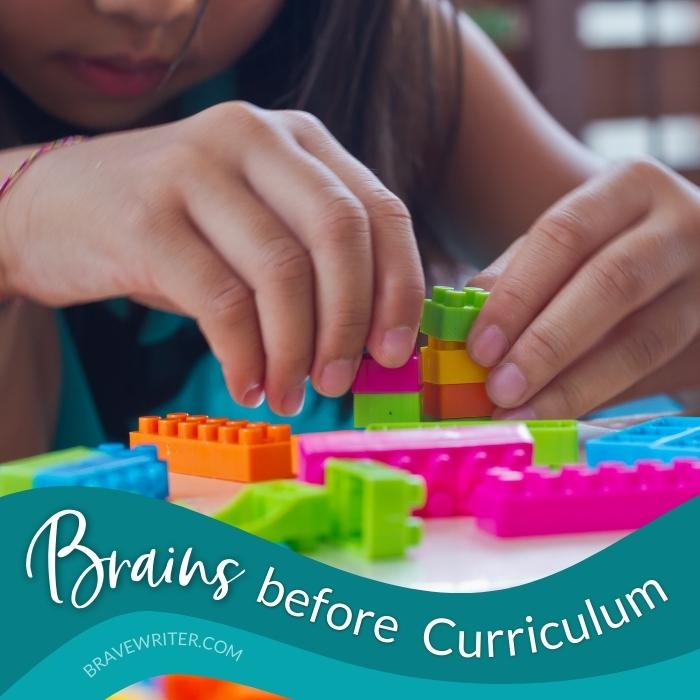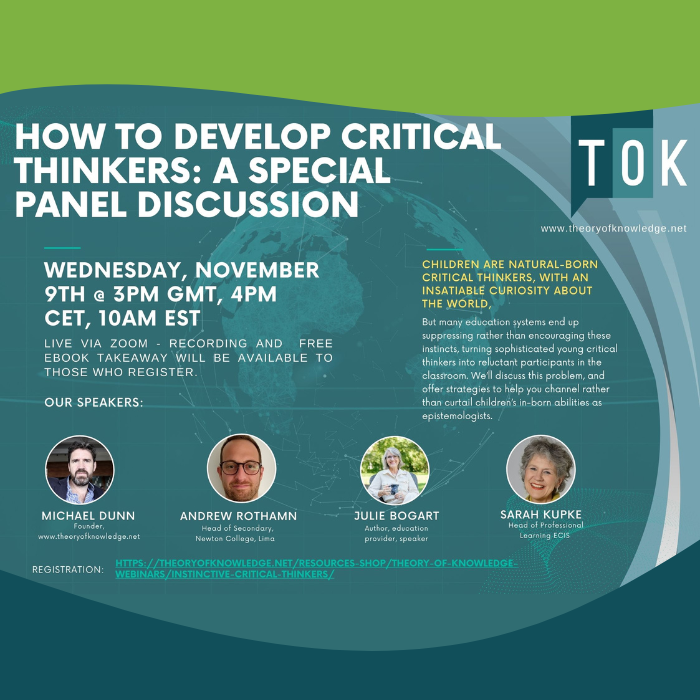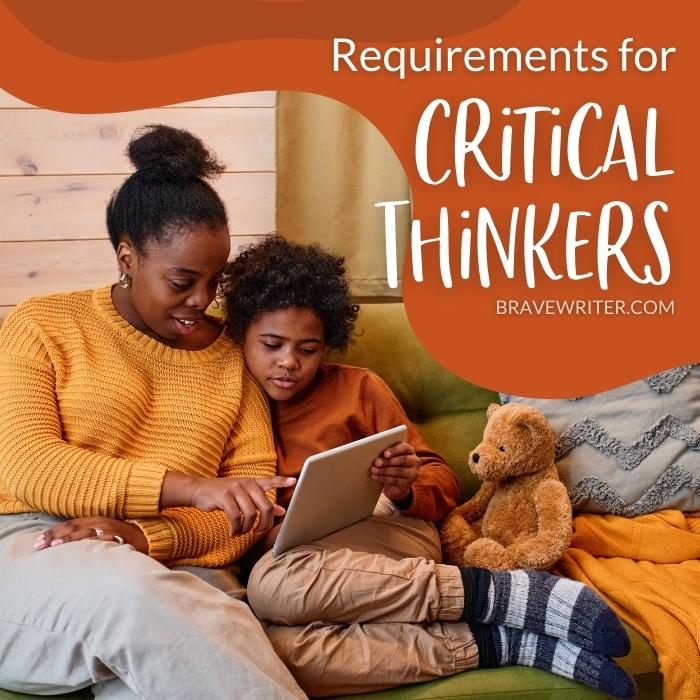
Knowing what to think is not the same as knowing how to think.
What parent doesn’t want to give their kids a shortcut to a safe, meaningful, values-driven life?
I do!
The biggest temptation we face is what I call the “Parental Propaganda Program.” We have the belief that we’ve figured out how to live correctly. All we have to do is teach our kids what to think.
We tell them “sleeping eight hours makes you less cranky” and “eating vegetables matters” and “standing for this belief is essential.”
Teaching kids what to think short-circuits their ability to think well for themselves. They learn that someone else has the answers for them and to trust an authority figure more than their own research.
You may feel good about being that source of authority in your child’s life. After all, you’re that figure…for now. What about when they’re teens? Who will they select to tell them the one right path/answer? I’m here to tell you—many of them choose a slightly older teenager!
Learning How to Think
What happens if we put learning “how to think” first? It means taking a child’s dissent (or challenges) seriously. It means setting aside your preconceptions.
“I hate vegetables” becomes an opportunity. You support your child doing their own research, to honor their experiences.
Kids discover that their experiences drive meaningful questions that deserve to be asked (not automatically answered).
The choice to hold back our “better answers” is challenging for us!
And yet, parents often parrot information they’ve learned from an authority without thinking it through themselves.
I might ask myself:
- Why do I assume vegetables are important?
- What ways did people get nourished before supermarkets and year-round produce?
- What else can I learn with my child about this subject?
Learning how to think protects a child from cults, peer pressure, and bullying others.
























